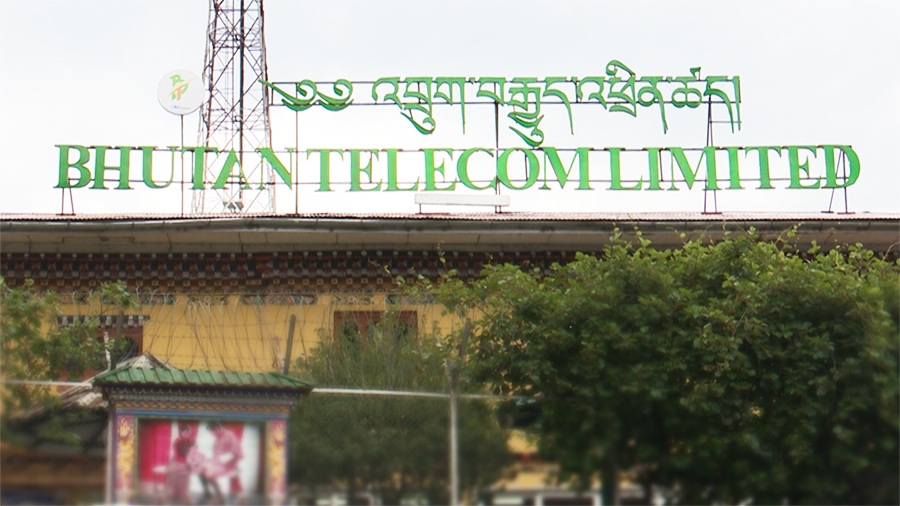
The office of the Prime Minister says discussions are underway with the Government Technology Agency, GovTech to reduce data charges by 50 per cent. The government pledged to reduce the data charges to enable citizens to harness the full potential of ICT.
Data charges in the country are touted to be one of the highest in the region.
The two telecom service providers offer their mobile subscribers various data packages ranging from Nu 19 package to up to Nu 3,999.
Although the government pledged to reduce the data charges by 50 per cent or make it equivalent to that of India, nothing has been decided yet.
“When we compare India and Bhutan, I feel the data charge is extremely high here. In India, when we recharge 299, we would get 2 GB free a day. But here, even if we recharge 99 or 299, within a span of an hour or two, I feel the data consumption is very high,” said Thupten Wangchuk, a resident.
“I feel the data charge is much higher compared to past days. In the past, we would recharge 49 data package which would last at least a week. But at present, I feel the 49 package doesn’t even last a day or two,” said Ngawang Phuntsho, another resident.
“As we are youth, everything is online now. Those youth who apply for jobs are also availed online. Data usage is vital now. Previously, the 49 package would last longer. Currently, it only lasts for a few hours or so. Sometimes, I feel the consumption is very high. It will benefit us if the government can fulfil its pledge of reducing the data charges at the earliest,” said Dechen Namgyal, who is also a resident.
The GovTech Agency said that works are underway to study the viability of reducing data charges. The office added that they have also requested BICMA to do a joint study on the reduction of the data charges.
Both telecom service providers, Bhutan Telecom and TashiCell were unwilling to comment on the matter saying they are still awaiting directives from higher authorities.
Frustrated with the slow and costly internet charges, people often take it to social media demanding a third telecom service provider.
However, according to BICMA, a feasibility study in the past found that due to the small market, the sustainability of an additional telecom operator is not feasible at the moment.
Meanwhile, according to BICMA, following its intervention the telecom operators have reduced data charges by around 40 per cent since 2018.
In addition, BICMA also initiated reducing the voice call charges by another 10 per cent and SMS by 15 per cent in 2023.
Meanwhile, in terms of profit and revenue, in 2022, Bhutan Telecom generated a revenue of over Nu 5.8bn and made a post-tax profit of over Nu 2.31bn. This is an increase of 9.35 per cent and 15.7 per cent in revenue and profit after tax respectively, compared to 2021.
Overall, the company’s combined contribution to the government in taxes and dividends amounted to over Nu 3.5bn in 2022.
BBS could not get these details for TashiCell as the privately owned company is not obligated to disclose such details for public consumption.
According to BICMA, the initial 15-year license duration term for both the telecom operators ended in 2023 and was renewed for another 15 years which will expire in 2038.
As of March this year, there are close to 788,460 mobile users with the two telecom operators of which, over 725,000 are mobile internet users.
Sonam Yuden
Edited by Phub Gyem







